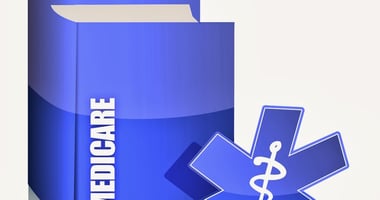The mental health parity law appears to have been effective at eliminating quantitative treatment...
Meta-Analysis Finds Stimulants Reduce Quality, Quantity of Sleep in Youth With ADHD
 |
Previous studies examining the effects of stimulants on sleep in youth with ADHD have produced contradictory findings, with some suggesting that stimulants impair sleep while others propose the medication leads to relief from ADHD symptoms and improvements in sleep.
For the current study, researchers from the University of Nebraska, Lincoln, conducted a meta-analysis of nine randomized, controlled studies involving 246 children and adolescents who were diagnosed with ADHD, had been randomly assigned to stimulants (methylphenidate and amphetamine), and had sleep assessed using objective measures.
The researchers found that youth with ADHD who took stimulants took a longer time to fall asleep, have worse sleep efficiency, and sleep for shorter periods of time. The analysis revealed that the more times a day a stimulant was taken, the longer it took for the youth to fall asleep. Additionally, while the findings revealed that stimulants had a negative effect on sleep efficiency regardless of how long the youth took the medication, sleep efficiency appeared to improve over time.
“The results of the present meta-analysis highlight the importance of carefully weighing the potential benefits and adverse effects of stimulant medications when prescribing to children,” the study authors wrote. “Pediatricians are also encouraged to provide referrals for behavioral treatment of ADHD and sleep, either in addition to or as an alternative to prescribed medications.”
For related information, see the Psychiatric News article “Children With ADHD Benefit From Sleep-Focused Treatment.”
(Image: Donskaya Olga/Shutterstock)





